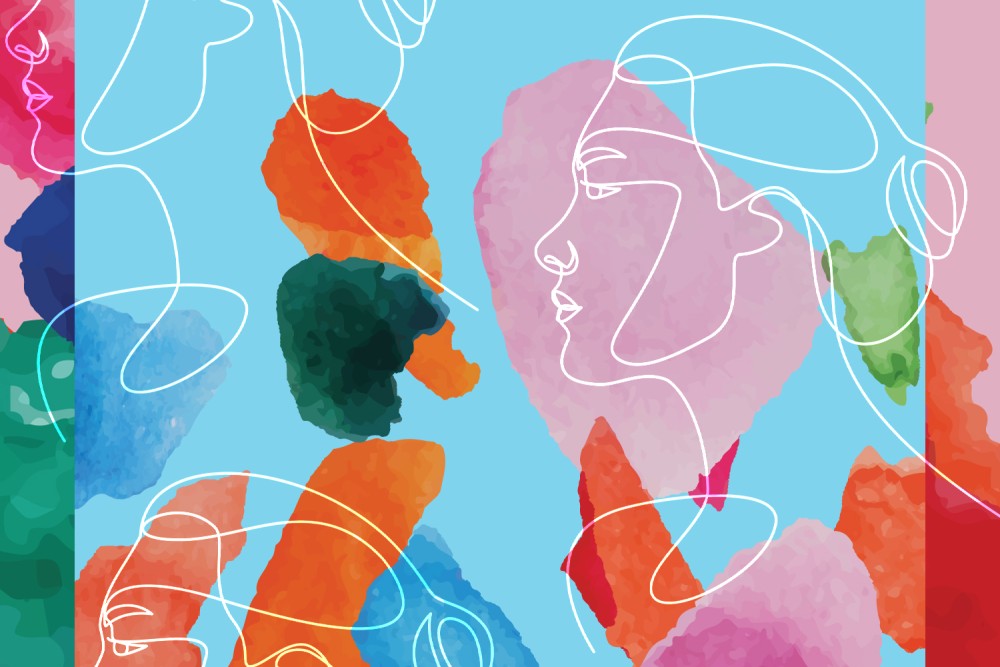Women posing problems
In the gospels and in the world today, women get in the way and make the world new.

Century illustration (Source images via Getty)
This is a strange and dangerous time to be a woman, but it has always been a strange and dangerous time to be a woman. Building on decades of political maneuvering, in the past two years legislative bodies across the United States punished women with draconian restrictions on access to reproductive health care. The US maternal death rate is shocking, in some states triple that of countries with comparable incomes—with Black people three times as likely as White people to die in childbirth. To date, one in three women in the United States report physical assault, rape, or stalking from an intimate partner, while murder is the third leading cause of death among Indigenous women. For trans women, especially Black trans women, deadly violence is epidemic.
Women’s bodies are back on trial in conservative churches that previously offered reprieve to women in leadership positions. Earlier this summer, Southern Baptists attempted to ban from the denomination any churches that call women to be their pastors. They narrowly missed the supermajority required to enact the change. This year more than 300 clergy and a Texas diocese of the Anglican Church in North America called for the elimination of women’s ordination after a visiting UK conference speaker named Calvin Robinson described women’s priesthood as a “cancer.”
It is a painful time to be a woman pastor. Misogyny, in and beyond the church, is unsettled business. Misogyny gathers and swells before it crashes upon us. Even when we sense calm, we know that beneath the surface energy builds to punish women in familiar but fresh ways.





